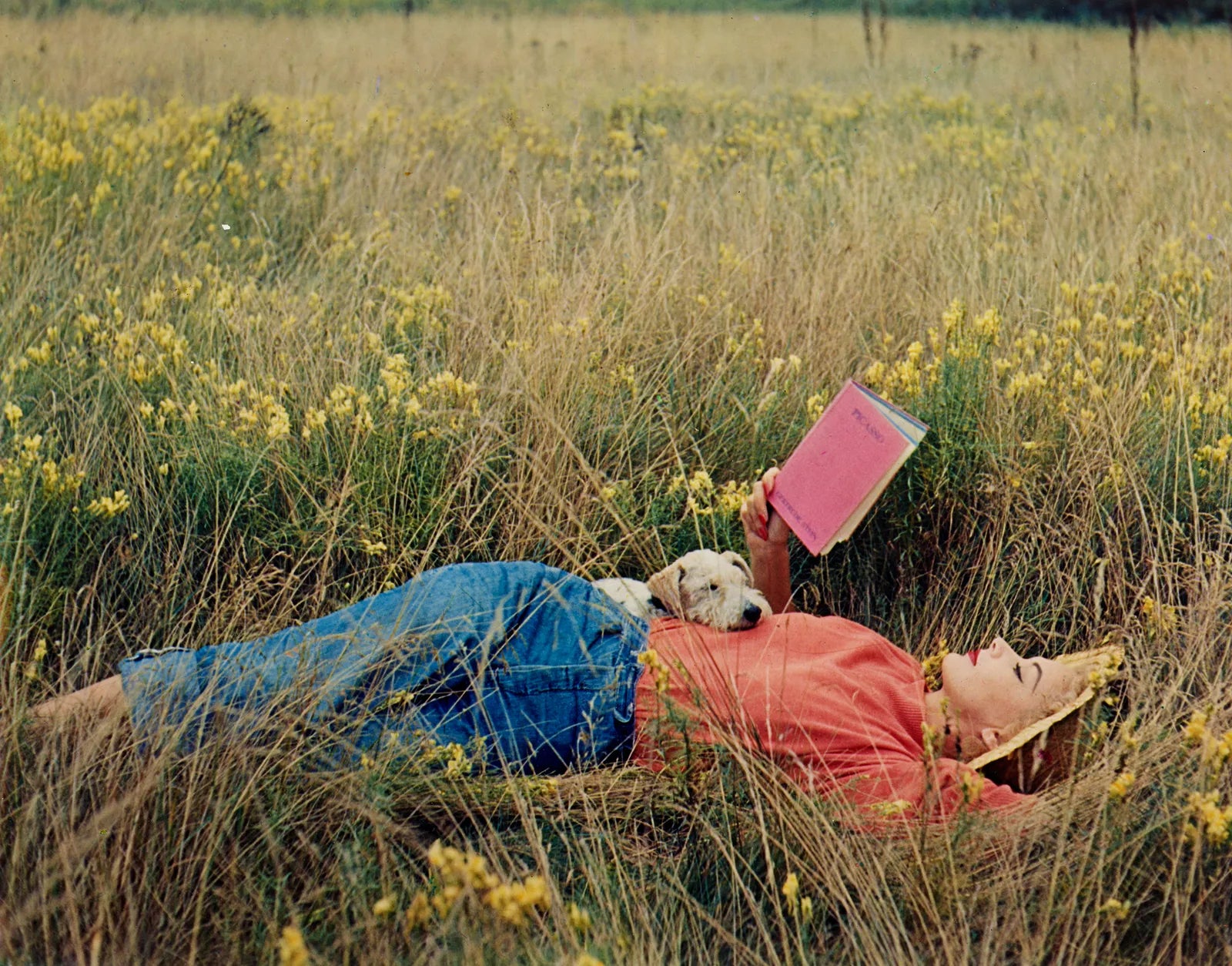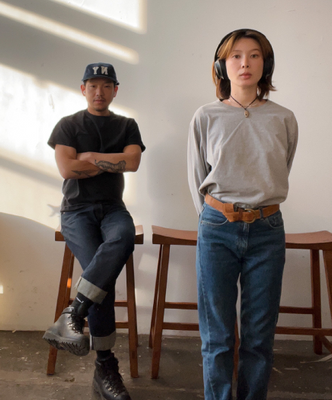JOURNAL
Eco-Lit
A list of books to inspire and inform your journey towards a greener future.

|
Edited by Rebecca Solnit and Thelma Young Lutunatabua
Not Too Late brings strong climate voices from around the world to address the political, scientific, social, and emotional dimensions of the most urgent issue human beings have ever faced. Accessible, encouraging, and engaging, it's an invitation to everyone to understand the issue more deeply, participate more boldly, and imagine the future more creatively. |

|
|
by Jonathan Safran Foer
In We Are the Weather, Jonathan Safran Foer explores the central global dilemma of our time in a surprising, deeply personal, and urgent new way. The task of saving the planet will involve a great reckoning with ourselves—with our all-too-human reluctance to sacrifice immediate comfort for the sake of the future. We have, he reveals, turned our planet into a farm for growing animal products, and the consequences are catastrophic. Only collective action will save our home. And it all starts with what we eat—and don’t eat—for breakfast. |
|
|
All We Can Save is an anthology of writings by 60 women at the forefront of the climate movement who are harnessing truth, courage, and solutions to lead humanity forward. Intermixing essays with poetry and art, this book is both a balm and a guide for knowing and holding what has been done to the world, while bolstering our resolve never to give up on each other or our collective future. We must summon truth, courage, and solutions, to turn away from the brink and toward life-giving possibility. Curated by two climate leaders, this book is a collection and celebration of visionaries who are leading us on a path toward all we can save. |
|
No Country For Eight-Spot Butterfliesby Julian Aguon
Part memoir, part manifesto, Chamorro climate activist Julian Aguon’s No Country for Eight-Spot Butterflies is a collection of essays on resistance, resilience, and collective power in the age of climate disaster; and a call for justice—for everyone, but in particular, for Indigenous peoples. |
|
|
FIBERSHED: GROWING A MOVEMENT OF FARMERS, FASHION ACTIVISTS, AND MAKERS FOR A NEW TEXTILE ECONOMY
|
|
|
A Bigger Picture
Devastating flooding, deforestation, extinction and starvation. These are the issues that not only threaten in the future, they are a reality. After witnessing some of these issues first-hand, Vanessa Nakate saw how the world’s biggest polluters are asleep at the wheel, ignoring the Global South where the effects of climate injustice are most fiercely felt. |
|
|
The Great Displacement
A human-centered narrative with national scope, The Great Displacement is “a vivid tour of the new human geography just coming into view” (David Wallace-Wells, New York Times bestselling author of The Uninhabitable Earth). From half-drowned Louisiana to fire-scorched California, from the dried-up cotton fields of Arizona to the soaked watersheds of inland North Carolina, people are moving. In the last few decades, the federal government has moved tens of thousands of families away from flood zones, and tens of thousands more have moved of their own accord in the aftermath of natural disasters. Insurance and mortgage markets are already shifting to reflect mounting climate risk, pricing people out of risky areas. |
 |
|
by Mikaela Loach We are living in an economic system which pursues profit above all else; harmful, oppressive systems that heavily contribute to the climate crisis, and environmental consequences that have been toned down to the masses. Tackling the climate crisis requires us to visit the roots of poverty, capitalist exploitation, police brutality and legal injustice. Climate justice offers the real possibility of huge leaps towards racial equality and collective liberation as it aims to dismantle the very foundations of these issues. |
|
|
Magazines, newsletters, features and more. Climate and culture, inspired by nature.
|
 |

















